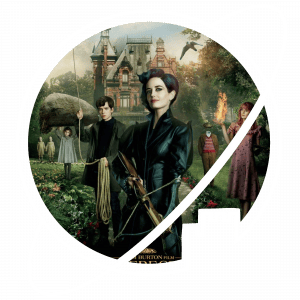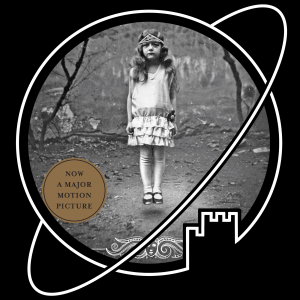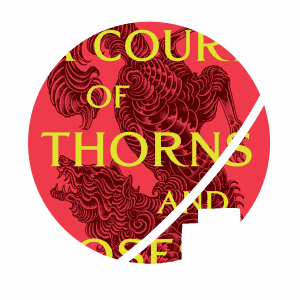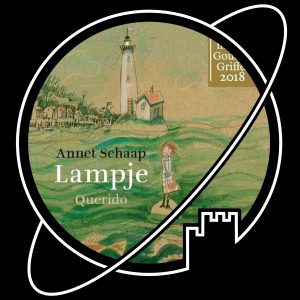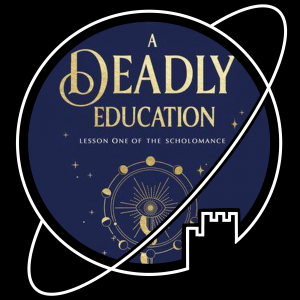- Novel written by T.J. Klune
- Published 17 March 2020
- Standalone
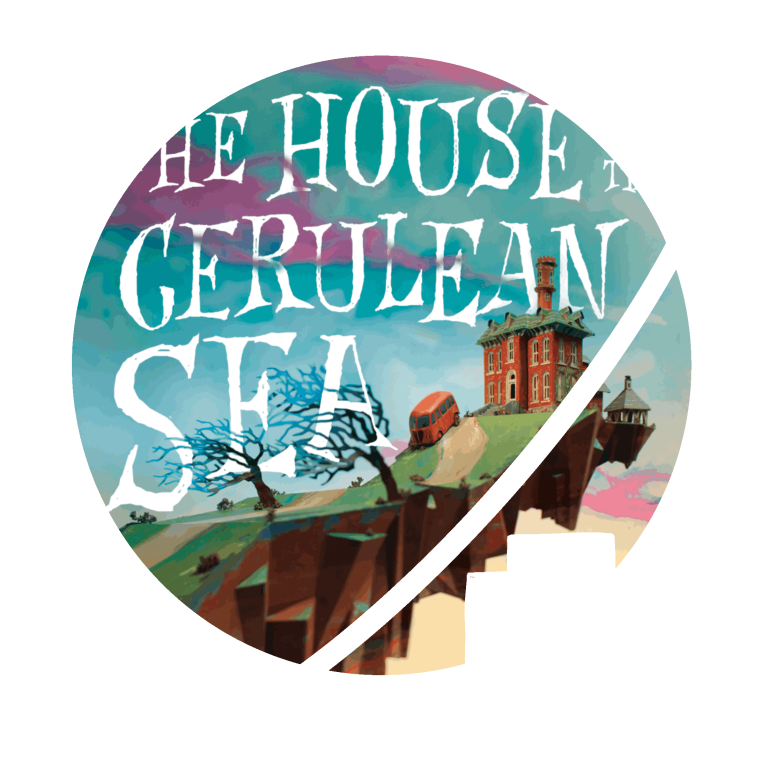

Listened to the audiobook with Daniel Henning – fine narrator.
I’ve probably had enough cosy fantasy for a while.
The House in the Cerulean Sea popped up in recommendations a couple of times and it has a cute cover, so I loaded into my player and gave it a shot. I can’t bring myself to feel enough emotions over this book to really regret the choice, but I could probably have spent my time better elsewhere.
The House in the Cerulean Sea is another one of these aggressively inoffensive books that are intended to feel like a warm bath or a getaway from the challenges of real life. And I get that that is popular subgenre right now; Nettle & Bone even managed to snag a Hugo with that style of storytelling (and arguably, the Hugo winning Wayfarer-series falls within the same category).
Most of those books don’t really click with me though, and unfortunately neither did The House in the Cerulean Sea. Klune’s desire to constantly put the reader at ease means that there really is no conflict worth mentioning in the story (at least: not between the main characters).
A by-product of focussing on comfort is that the novel is quite repetitive, even for a short 8-hour listen. The book revolves around the care given to the small group of children in the orphanage. The children are each recognisable and unique, but they also effectively have only one line each . Throughout the story, they sort of repeat a different variation on that line every time they open their mouth. The grown up characters are little different. The effect is that yes, the reader gets familiar with all the characters in the book quickly, but they also feel like caricatures of themselves.
That is unfortunate, because the plot is similarly predictable. I get that that is probably also linked to that idea of comfort: Klune is not out to surprise the reader with a big twist (though I suppose the book pretends to have a couple of mysteries). Still, just a little effort could have given the reader a reward for finishing other than the conclusion that was inevitable from basically the moment Linus arrives at the orphanage.
I feel this book would probably have needed a good dose of humour to pull it out of mediocrity. And my impression is that Klune does try: a few of the children are so surreal that their first few appearances are rather funny. But that does not last (also because of the repetitiveness mentioned above), and Linus’ awkwardness never really brought a smile to my face.
In conclusion, The House on the Cerulean Sea may be cuddly and cute to some, but it was sickly sweet and ultimately somewhat boring to me. Perhaps more of a read for small children than for adults, which I understand it was intended for…








